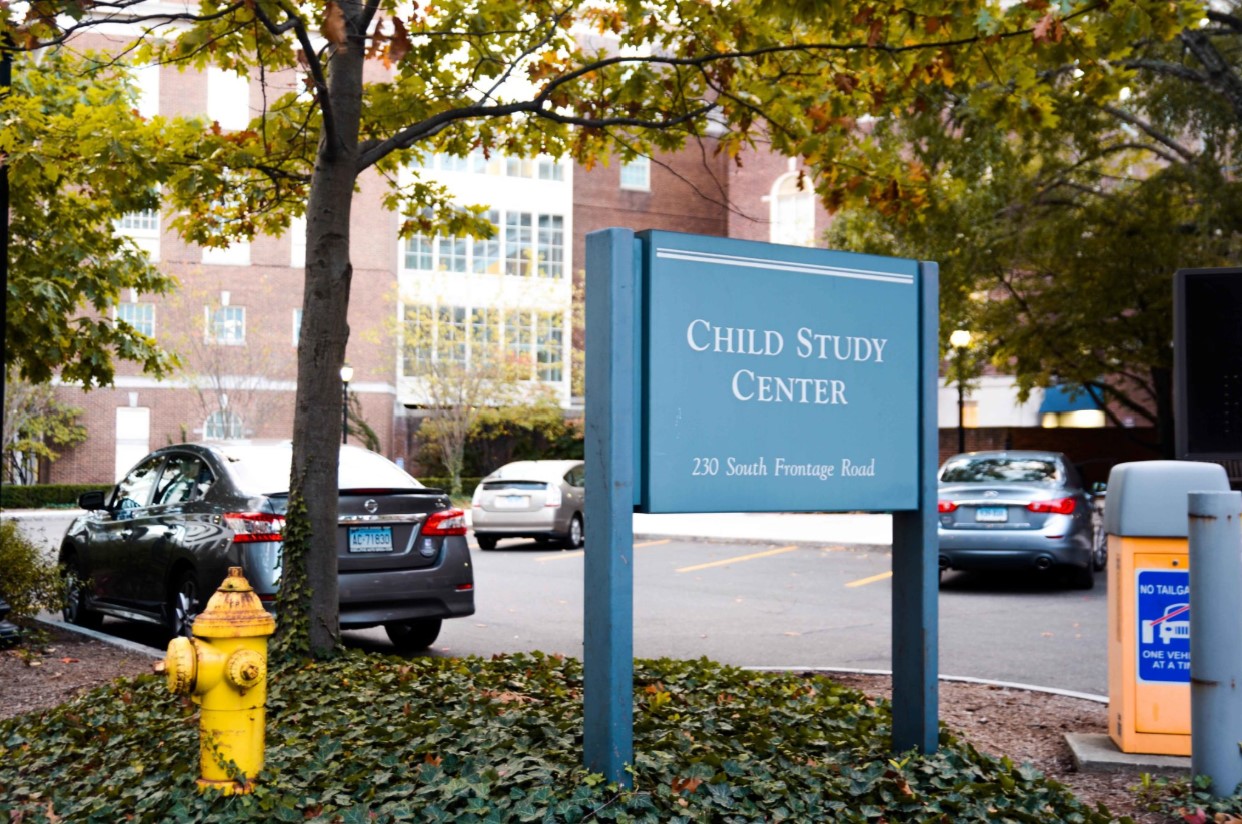
Ngan Vu
As COVID-19 continues to batter the country, Yale’s Child Study Center has partnered with Scholastic to create a workbook that helps children cope with school closures and social distancing measures in the wake of the pandemic.
The free printable workbook, which is titled “First Aid for Feelings: A Workbook to Help Kids Cope During the Coronavirus Pandemic,” was authored by child development expert Denise Daniels. It is designed for children aged 4 to 10 and is available in both English and Spanish. The 16-page workbook opens with a “Letter to Grown-Ups” from Daniels, detailing how the book aims to provide coping and resilience strategies to help children manage their emotions during the crisis and throughout their lives. The letter is followed by exercises prompting children to identify and record their emotions, note changes in their routines and in the world, connect with family and friends and make daily plans. The workbook can be found on a page of Scholastic’s website featuring the Yale Child Study Center-Scholastic Collaborative for Child and Family Resilience. .
“I’ve spent a large part of my career traveling the globe and working with children during times of crisis, natural disasters and emergencies, so when the news of coronavirus broke, I felt compelled to provide emotional support and resilience-building strategies that would help kids cope now, and well beyond this moment,” Daniels wrote to the News.
Daniels is the founder of the National Childhood Grief Institute and the creator of The Moodsters, a set of toys designed to teach children how to identify and manage their emotions. She has created other workbooks to help children respond to personal challenges and worldwide crises, including hurricanes Harvey and Irma. She has worked extensively with professors Marc Brackett and Robin Stern at the Yale Center for Emotional Intelligence, whose research on the emotions of childrens and their families, she said, has formed the basis for some of her work.
The workbook was created as part of the Yale Child Study Center-Scholastic Collaborative for Child and Family Resilience, a program created by the Yale Child Study Center and Scholastic in December 2018. According to Yale Child Study Center Director Dr. Linda C. Mayes, a professor of child psychiatry, pediatrics and psychology, the partnership aims to “advance research around the impact of literacy on health.”
“Inspiration for the collaborative stemmed from our work on Discover Together, a collection of programs operating in Grundy County, Tennessee, that offer resources to increase social connectedness and build pride in communities through literacy,” Mayes said. “The findings from our work contribute to the creation of resources and programs for supporting children and families.”
Karen Baicker, the executive director of the collaborative, added that in addition to the workbook, the collaborative plans on releasing additional resources to help children cope with the pandemic.
“As schools began to close due to the spread of coronavirus, Scholastic has been focused on providing families and educators the tools needed to support student learning at home the best way we know how — through engaging content and positive stories that help kids build resilience,” Baicker wrote to the News.
The workbook ends with a certificate congratulating children for its completion.







